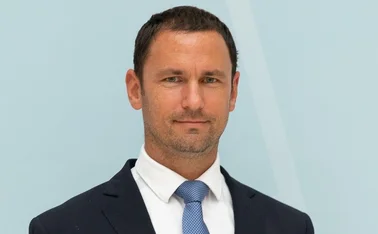
People: Tunisian governor resigns; EFSF appoints chairman
Governor Ayari quits after Tunisian prime minister initiated the process to replace him; and more

Tunisia: The governor of the Central Bank of Tunisia, Chedly Ayari, resigned on February 14. Prime minister Youssef Chahed had initiated the process to replace him on February 7, as the country grapples with high inflation and falling reserves.
The leading candidate to substitute Ayari would be Marouane El Abassi, the World Bank’s representative in Libya, says a Reuters article.
The national assembly is expected to vote today (February 15) on El Abassi’s appointment, with confirmation set to
Only users who have a paid subscription or are part of a corporate subscription are able to print or copy content.
To access these options, along with all other subscription benefits, please contact info@centralbanking.com or view our subscription options here: www.centralbanking.com/subscriptions
You are currently unable to print this content. Please contact info@centralbanking.com to find out more.
You are currently unable to copy this content. Please contact info@centralbanking.com to find out more.
Copyright Infopro Digital Limited. All rights reserved.
As outlined in our terms and conditions, https://www.infopro-digital.com/terms-and-conditions/subscriptions/ (point 2.4), printing is limited to a single copy.
If you would like to purchase additional rights please email info@centralbanking.com
Copyright Infopro Digital Limited. All rights reserved.
You may share this content using our article tools. As outlined in our terms and conditions, https://www.infopro-digital.com/terms-and-conditions/subscriptions/ (clause 2.4), an Authorised User may only make one copy of the materials for their own personal use. You must also comply with the restrictions in clause 2.5.
If you would like to purchase additional rights please email info@centralbanking.com







